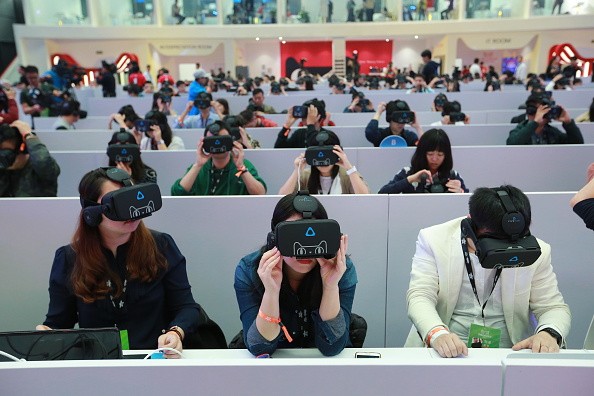According to Forbes, China embraced the growing sector of Virtual Reality overall more than the West. Chinese consumers are more willing to purchase VR devices to experience the VR world, whereas the consumers in the West have been somewhat muted.
Niko Partners, a research firm focused on providing specialized market intelligence on China’s video game industry, estimated that VR will be the unequivocal leader of hardware unit sales at the end of the month, averaging to have a $400-million market size.
They also counted about 200 startups and established companies that are into Virtual Reality and Augmented Reality in China alone, which made the VR hardware sales surge.
Their survey shows that more than half of the Chinese gamer population are interested in Virtual Reality, and almost 30 percent of them are willing to spend up to $200 on VR hardware.
Mobile VR hardware is more popular to consumers compared to high-end PC/Console VR hardware due to various factors. High-end PC VR is said to be too expensive for consumers as the HTC Vive costs around $1,000 in china, and it runs on a high-end PC that costs about $1,000 as well.
Mobile VR hardware is more preferable, as it is much cheaper and readily available on both offline and online retail stores.
T-Mall, a business-to-consumer online retail website operated by Alibaba group, reported that there are about 300,000 headsets sold during the Double-11 shopping holiday event. These headsets cost 30 yuan less than the Google Cardboard in the West.
China also has its own "experience spots" wherein consumers can experience Virtual Reality in pods or cafes. These are alternatives so that consumers can experience high-end VR.
There are currently 3,000 VR Internet cafes and experience zones in China where they offer the VR experience for as low as $8 for 30 minutes of gameplay.
Experience spots have been extremely popular in China. HTC recently opened an arcade store in Shenzhen to let consumers experience VR.
Shanda, a major digital entertainment company in China, invested approximately $350 million into VR, and is said to bring The Void VR theme park to China. This is a laser tag game with VR, which brings a full sense of immersion to players.


